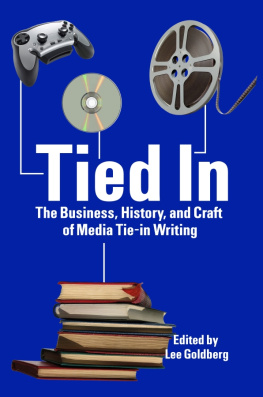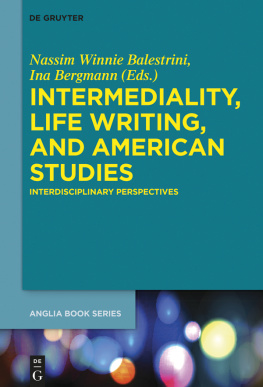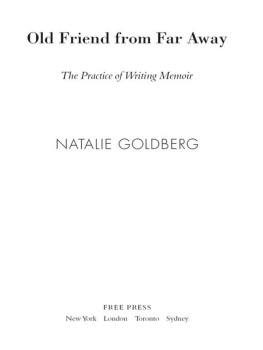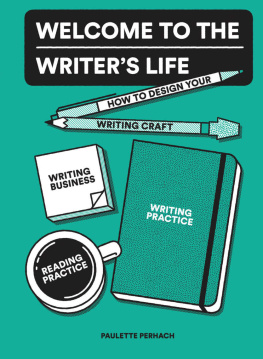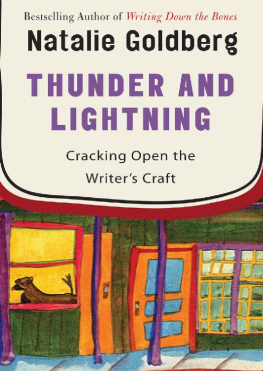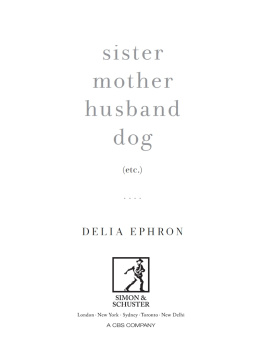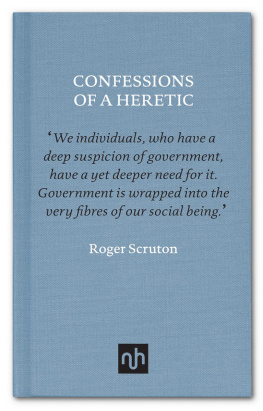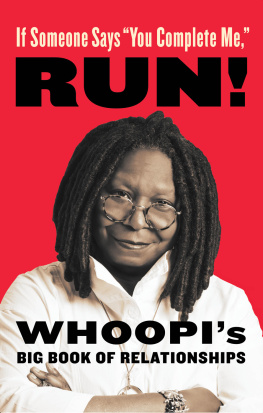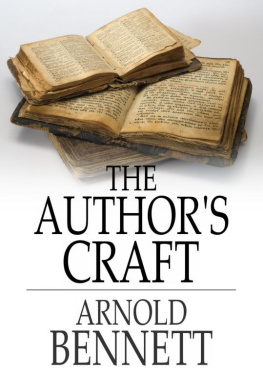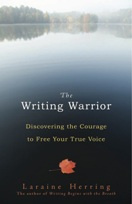TIED IN:
The Business, History and Craft of Media Tie-In Writing
Edited by Lee Goldberg
Collection Copyright 2010 by the International Association of Media Tie-in Writers. All Rights Reserved
This is a publication of:
The International Association of Media Tie-In Writers
PO Box 8212
Calabasas, CA 91372
www.iamtw.org
Cover design by Aaron Rosenberg
Special thanks to Jeff Ayers for proofing the manuscript, to Jean Rabe for paving the way with the TIED IN quarterly newsletter, to Rob Siders for preparing the manuscript for e-publication, and to all the IAMTW members who contributed to this collection.
INTRODUCTION
What is a Tie-In Writer?
We write science fiction, westerns, mysteries, romance and thrillers and sometimes all of the above. Our work embraces just about every genre you can think of, from Star Trek to iCarly, from Eberron to Murder She Wrote, from Superman to James Bond, from Warhammer to CSI.
We write tie-in novels, original books with entirely new stories using existing characters and worlds from other media (movies, TV series, books, games, and cartoons) and we write novelizations, books adapted directly from screenplays, teleplays, or game scripts.
Our books are licensed works meaning they are written with the permission and supervision of the creators, producers, publishing companies, movie studios, television networks, literary estates, or other rights-holders of the original characters.
Well-known tie-in writers include Kingsley Amis, Kevin J. Anderson, Gregory Benford, James Rollins, Lawrence Block, Davd Brin, Greg Bear, Max Brand, Orson Scott Card, Leslie Charteris, Arthur C. Clarke, Max Allan Collins, William Kotzwinkle Peter David, Ian Fleming, Richard Prather, Alan Dean Foster, John Gardner, Elizabeth Hand, Stuart Kaminsky, John Jakes, David Morrell, Robert B. Parker, Robert Silverberg, Theodore Sturgeon, and Jim Thompson to name just a few.
Our books are published by the all of the major publishing companies, sell tens of millions of copies worldwide, and regularly appear on the New York Times, USA Today, and Publishers Weekly bestseller lists
and yet the craft of tie-in writing goes largely unrecognized and is greatly misunderstood.
Thats why five years ago Max Allan Collins and I formed The International Association of Media Tie-In Writers (www.iamtw.org), an organization made up of nearly 200 professional novelists.
And thats why we have compiled this book of essays and interviews by some of the top writers in the tie-in field.
Our hope is that our organization, through efforts like this book, can enlighten readers about who we are and what we do, as well as explore the diversity of our work and the rich history behind it. And perhaps along the way we can dispel some of the misconceptions and derogatory stereotypes about tie-insnamely, that they are cheap crap written for a quick buck by talentless, unskilled, self-loathing hacks who take no pride in their work and are only doing it because they cant write a real book.
As you will see from the entertaining, thought-provoking and informative pieces compiled in this collection, tie-in writers include some of the most acclaimed and successful novelists in the business, including Los Angeles Times Book Prize finalists, Hugo & Edgar Award winners, Mystery Writers of America Grandmasters, and New York Times bestselling authors, all of whom have to overcome numerous frustrating obstacles and limitations to deliver high-quality, hugely popular, and immensely profitable books.
So if its so hard, and they are so successful and acclaimed with their own work, why do they do bother with tie-ins?
For the same reason you read them because the authors love the characters, the worlds, and the stories.
We hope that after reading this book you will not only gain a new appreciation and a greater understanding of craft, business, and history of tie-insbut that you will feel an irresistible compulsion to run out and buy a few ofem.
Let us know if you dowe welcome your comments and questions at tieinwriters@gmail.com.
Lee Goldberg
Los Angeles, June 2010
Tod Goldberg was a finalist for the prestigious Los Angeles Times Book Prize for his novel Living Dead Girl and considers himself a literary writer. So when he got the opportunity to write novels based on the TV series Burn Notice, he had to ask himself this burning question:
DOES A REAL WRITER WRITE TIE-INS?
By Tod Goldberg
You could spend your entire life sitting in Starbucks next to people hunched over laptops, and youd never hear a single one of them divulge that their dream is to write a television or movie tie-in; you know, those novelizations that magically appear in the airport bookstore rack with the screen stars on their covers.
Me? Ive published two novels and two collections of stories that have afforded the kind of notoriety one rarely reads about: Ive lost all the awards Ive ever been nominated for, my most ardent fans number in the tens of hundreds, and Id need the Jaws of Life to pull me onto the bestseller list. In short, a career in the literary fiction trenches, where acclaim is something you hang your hat on, since you havent made enough money to buy a hat rack.
Then I received a midnight call from my brother, Lee, asking whether I might be interested in writing original novels based on Burn Notice, the popular show on USA about a blacklisted spy named Michael Westen, who uses his training to help people out of bad situations (with the mob, drug dealers, pimps, etc.).
My first reaction was muted. I was finishing a short story about very depressed people doing very depressing things and trying to figure out another word for desperation. My brother, in addition to writing and producing television shows, has written 18 tie-ins, including the current spate of Monk books. He was approached by his publisher, Penguin, to see whether hed be interested in doing Burn Notice too, but he declined, saying he knew just the right person for the job.
Lee had called me before with similar opportunities, and I always demurred, mostly because I dont work particularly well with other people, dont really care for a lot of television shows and consider myself far too literary to ever do such a commercial thing. Why, Ive even lost the Los Angeles Times Book Prize!
The difference this time was the show itself: I am a huge fan of Burn Notice. Its smart, funny, visually arresting and has the tone and style of my favorite Elmore Leonard novels.
Plus, the show was created by Matt Nix, a person Id known casually since college, who I felt shared a similar creative aesthetic. My brother was right: I was the perfect person. The only problem was my advanced sense of artistic self. I had long, twisting conversations with my agent, my wife and the kid who makes my sandwiches at Quiznos about the literary equity Id accrued, about how writing a tie-in might somehow sully my career and other topics concerning my navel. My agent told me to take a deep breath, get lucid and call her back after I did some research.
So I did. I learned that Jim Thompson wasnt just an iconic noir writer but also the man who brought Ironside from the small screen to print, that Travis McGee creator John D. MacDonald had novelized the Judy Garland vehicle I Could Go On Singing and that, inexplicably, there was a line of Partridge Family tie-ins that sounded like Steven Seagal films (notably number 10 in the series, Marked for Terror ) and which featured Danny, Keith and the gang solving crimes. And of course there were the countless authors whove embodied James Bond over the years, most recently Sebastian Faulks.

